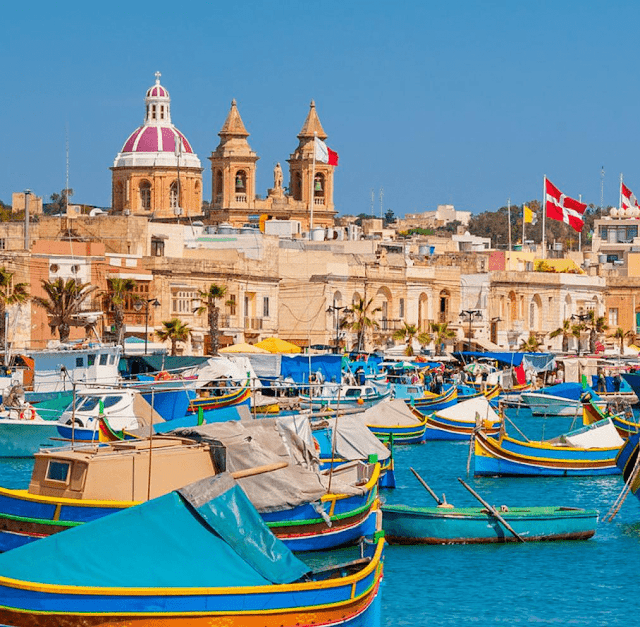As new pandemic-related laws take effect, the requirements for traveling to Malta have been changed once more.
In a nutshell, passengers will only be permitted to board if they have valid vaccination certificates or negative swab test results. Only the Maltese vaccination certificate is currently acknowledged, while bilateral agreements with other countries are expected to be announced soon.
Despite the fact that the new regulations go into effect today, the health authorities explained the new measures in a legal notice released on Saturday, a number of issues remain unresolved.
One of these has to do with the possibility of being tested immediately upon arrival.
The legal notice contradicts Health Minister Chris Fearne’s announcement last month that no one will be permitted to board flights or ships without paperwork proving they are vaccinated or virus-free.
If a person is allowed to board without the appropriate documentation for any unexplained reason, the health authorities will conduct a Polymerase Chain Reaction (PCR) COVID-19 test upon arrival.
Those who are subjected to this test will now have to pay for it, unlike in recent months when it was supplied for free to travelers.
They’ll also have to pay for lodging while they wait for their findings, which will be decided by the health authorities.
PCR testing, often known as swab testing, can take up to 24 hours to confirm, which means travelers would have to spend the day in quarantine. The legal notification stipulates that PCR testing must be utilized, however the more efficient fast tests are not mentioned.
Different nations, as well as airlines, have different criteria. Passengers flying to Malta on Air Malta, for example, must submit a Passenger Locator Form (PLF).
All airlines flying into Malta must comply with this rule. If a positive test is discovered aboard an aircraft, this will be utilized for contact tracing. Other nations and airlines may also require passengers to complete such a document, albeit the laws differ.



